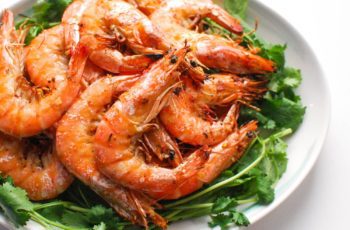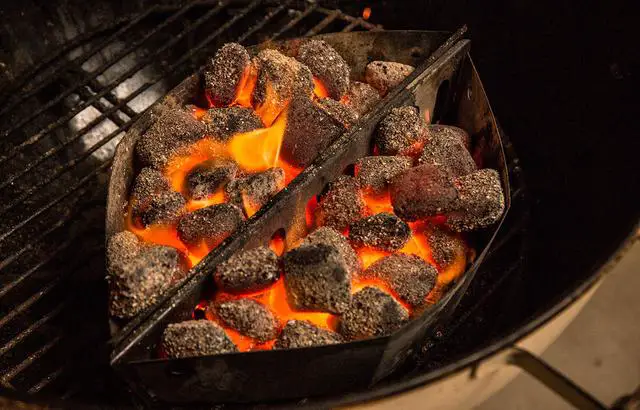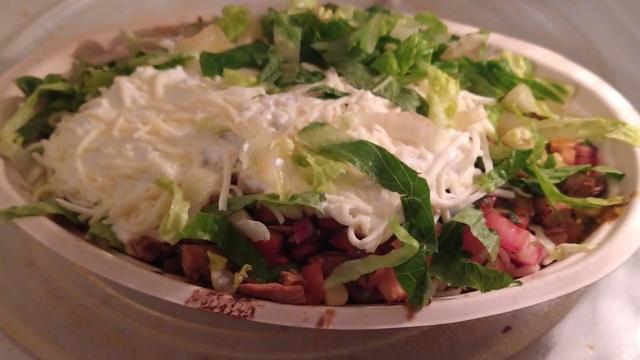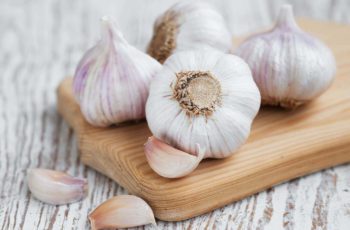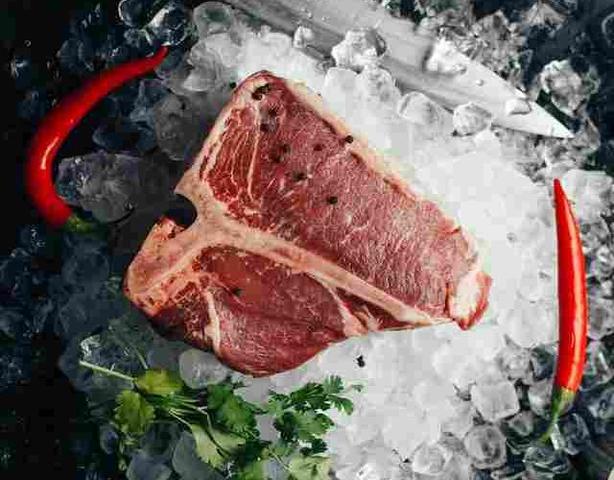
“Unveiling the Truth: Does Frozen Meat Weigh More? Get ready to uncover the facts behind frozen meat’s weight as we explore its impact on your shopping experience, cooking process, and overall culinary expectations. Stay tuned for surprising insights!”
Does Frozen Meat Weigh More Than Thawed Meat?

When it comes to the weight of meat, frozen meat does typically weigh more than thawed meat. As meat begins to thaw, the water and liquids within it start to seep out, causing the meat to lose weight. This can be as much as 30% of its size and volume simply from water draining out. The amount of water a specific cut of meat holds depends on factors such as the presence of bone, connective tissue, and muscle. Different layers and textures also hold ice crystals differently, affecting the amount of water in the meat.
The type of meat you are considering for purchase can also affect how much water it loses when thawed. For example, a pricier brisket will likely hold less water than a cheaper ham. Even frozen ground beef can be unique due to additives and fillers found in cheaper cuts. While some water may evaporate during the thawing process, the thawed version is still likely to be lighter than its frozen form.
If you are cooking larger cuts of meat that require a specific cooking time per pound, it is important to consider the weight of the meat after it has thawed. Basing your cooking time on the weight of frozen meat could result in undercooked or raw meat since it would weigh more. It is also crucial to consider differences in cooking times for cuts with uneven shapes, as certain areas may cook faster than others.
How Much Water Does Meat Contain?
Meat contains a significant amount of water, which can vary depending on the type of meat and its specific composition. On average, beef eye of round contains about 73% water, while other types of meat may have up to 75% water content. The amount of bone, connective tissue, and muscle in a particular cut of meat also affects its water retention capacity.
The presence of ice crystals in different layers and textures of meat can further impact the amount of water it holds. When frozen meat begins to thaw, the water and liquids within it start to seep out, causing the meat to lose weight. This loss can be as much as 30% of its size and volume due to the drainage of water from the meat.
However, it’s important to note that the percentage of water in meat doesn’t solely determine whether it should be purchased frozen or thawed. Factors such as cooking time and desired tenderness should also be considered when making this decision.
How The Quality of Meat Determines If It Weighs More Thawed Or Frozen
The quality of meat plays a significant role in determining whether it weighs more when thawed or frozen. As meat begins to thaw, the water and liquids within it start to seep out, causing the meat to lose weight. The amount of water present in the meat depends on factors such as the type of meat, the amount of bone, connective tissue, and muscle it contains. Different layers and textures can also affect how much water specific types of meat hold.
For example, a beef eye of round will contain about 73% water, while other types of meat may have up to 75% water content. Cheaper cuts of meat may have additives, fillers, and other ingredients that can affect their structure and water content when frozen or thawed. Additionally, the packaging process can also impact how much water is retained in the meat.
When considering cooking time for larger cuts of meat or those with an uneven shape, it is essential to take into account the weight of the thawed meat. If cooking time is based on the weight of frozen meat, there is a risk of undercooked or raw portions since it would weigh more due to retained water. The quality and type of meat should be considered when deciding between purchasing frozen or thawed options; however, in terms of price per pound, both frozen and thawed meats are generally comparable.
Should I Consider The Frozen Or Thawed Weight When Cooking Meat?
When cooking meat, it is important to consider the thawed weight rather than the frozen weight. This is because as meat thaws, it loses water and liquids, causing it to lose weight. The amount of weight loss can be significant, with some cuts of meat losing up to 30% of their size and volume. If you were to base your cooking time on the frozen weight, you may end up with undercooked or raw meat since it would weigh more than when thawed.
In addition to weight loss, thawing also affects the texture and cooking process of meat. Different layers and textures in meat hold ice crystals differently, which can impact the amount of water retained. Cheaper cuts of meat may have additives and fillers that affect their structure when frozen. Therefore, considering the thawed weight ensures that you cook the meat properly and evenly.
When deciding whether to buy frozen or thawed meat, price should not be a determining factor. Both frozen and thawed meats are weighed and priced based on their packaged weight at the time they sit on the shelf. The price per pound takes into account any differences in frozen versus thawed weight. Therefore, it is best to focus on other factors such as freshness and convenience when making a decision.
Buying Frozen Meat Versus Thawed Meat Based On Its Weight
When considering whether to buy frozen meat or thawed meat, it is important to take into account the weight of the meat. Frozen meat typically weighs more than thawed meat due to the loss of liquids as it thaws. As the meat begins to thaw, water and other liquids seep out, causing a decrease in weight. This weight loss can be significant, with some cuts of meat losing up to 30% of their size and volume.
The amount of water lost during thawing can vary depending on the type of meat. Different cuts of meat contain different amounts of water, with leaner meats typically containing less water than fattier cuts. Additionally, factors such as bone, connective tissue, and muscle composition can affect how much water a specific cut of meat holds. Cheaper cuts of meat may also contain additives and fillers that affect its structure and the amount of water it loses during thawing.
When cooking larger cuts of meat that require a certain amount of cooking time per pound, it is essential to consider the weight of the thawed meat in your calculations. If you base your cooking time on the weight of frozen meat, you may end up with undercooked or raw portions since frozen meat weighs more. Unevenly shaped cuts of meat also pose a challenge as some areas may cook faster than others if not properly accounted for in cooking time calculations.
In conclusion, frozen meat does weigh more than its fresh counterpart due to the water content that freezes and adds weight. However, this increase in weight is temporary and will revert to its original weight once thawed.
Learn More About Grilling
If you want to learn more about grilling, check out these other helpful resources!

